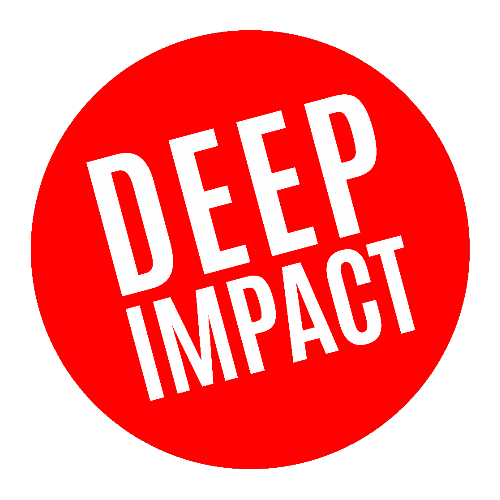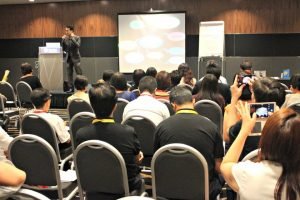We are currently living in a world focused on problems everyday. When we turn on the news, almost 95% of content covers problems that are happening around the world. In my meetings with clients, i hear more problems than solutions brought up by leaders.
By focusing on problems, it results in people getting low morale, being unhappy or even creating resentment. But by focusing on solutions, you create high energy, excitement and possibilities.
In my recent talk in SCCCI 17th Infocomm Commerce Conference and SME Expo 2014, I shared with the participants on the topic of “Solution Focused Leadership in a Problem Focused World”. The turnout for the talk is fantastic. Just like last year’s event, the room is fully packed. The organisers had to turn some people away.
If you didn’t manage to attend the talk, here’s a quick summary of what I’ve covered.
Problem Focused Talk vs Solution Focused Talk
During the 35min session, I paired everyone in the audience to participate in a short sharing session. Partner A will ask Partner B a set of problem-focused questions about a goal he or she wants to achieve, and Partner B will just have to answer the questions.
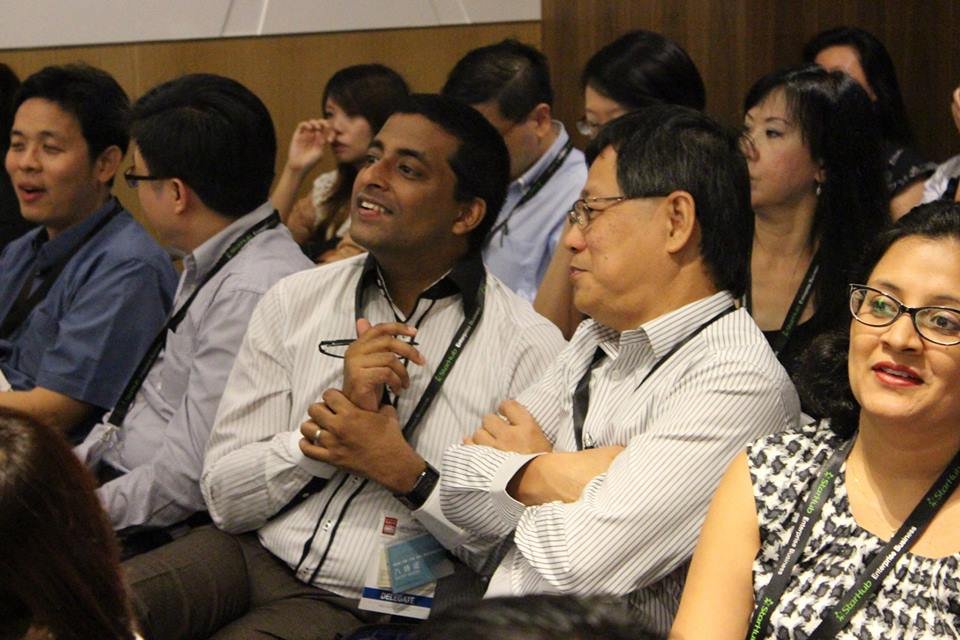
Once completed, on the same goal again, Partner A will ask Partner B with a set of solution-focused questions.
After this activity, we invite the Partner Bs to share their feelings. Without a question of doubt, almost every Partner B revealed that problem focused questions made them feel lousy and demotivated, while solution focused questions motivate and empowered them.
Why?
Problem-focused questions like “Why is it so bad? What is going wrong? Why did you do it?” keep you thinking of about the past. You want to find out what’s wrong and to blame someone or something for not achieving your goal.
However, solution-focused questions only focuses on what outcome you would like to have and what do you want to achieve. It uses questions like “Where would you want to be? What resources can you use? Who can help? Where are you now on a scale of 1-10?”
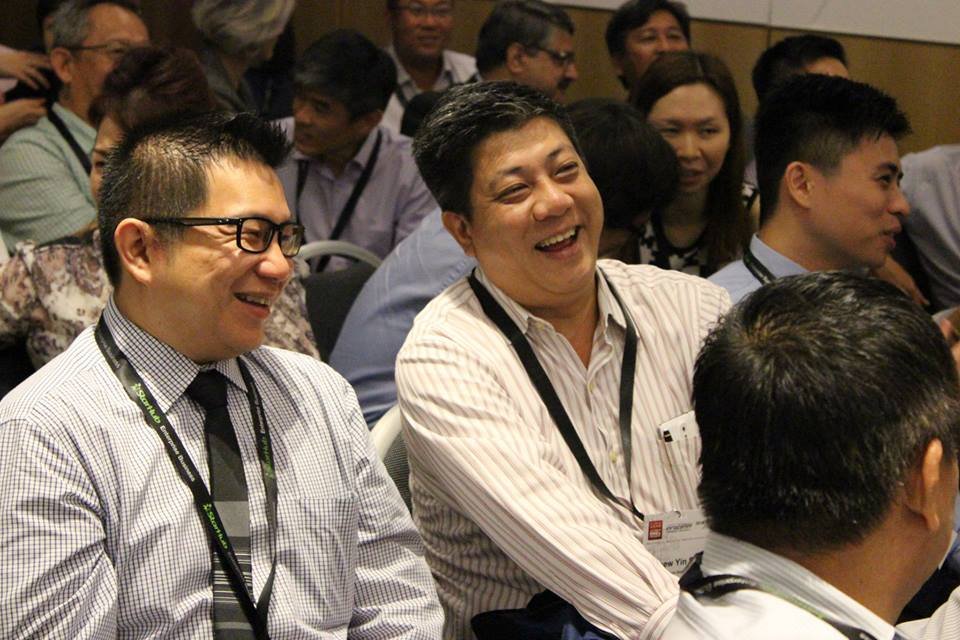
These questions shifts your mind to think of the future, examine your resources and see possibilities of collaboration with people who can help you achieve your goals.
With a simple shift in questions asked, you can help a person who is depressed in his own problems, to see possibilities that will help him solve their own problems.
In my experience in dealing with people, I have discovered that the quality of answers you will get will depend on the quality of questions that you ask. If you ask about more problems, you will focus on problems. When you ask for more solutions and possibilities, you will tend to find more of it.
What worked?
One of my favourite stories is a time when I had a discussion with a bunch of managers from a leading logistics company. Initially, they were plagued with issues at the work place where some of their team members felt that the managers were not doing much to improve workplace conditions.
Morale was a little low and there were some level of unhappiness. Rather than focus on what didn’t work, it was important to help the team focus on what could work and ask them to co-create possibilities.
Even after the program, I personally sat down with the manages and asked them to focus on what they can do to improve the situation. About a month later, I met up with the managers and asked them “what worked?”. Notice that I didn’t ask them “what happened?”.
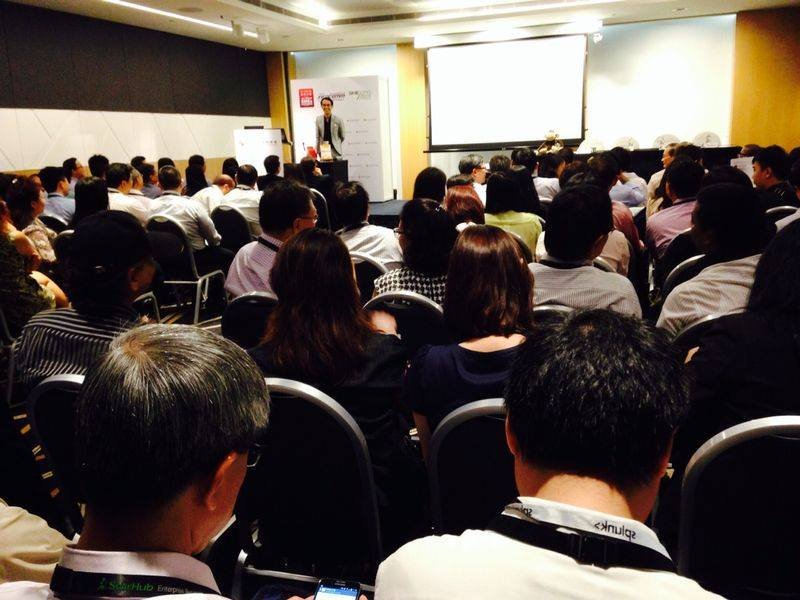
From this simple question, they identified the 7 things that they did that went really well with the team. We focused on specific actions and quickly continued in that process of what worked. The result was a quick meeting with clear actions and a specific follow through.
To me, finding what works is a lot more important than finding what did not work. This is a solution focused leadership.
I hope to be able to write to you more in the coming weeks about how you can use solution focused questions and thinking to enhance workplace effectiveness and help people take massive action in their daily work. If you are keen to explore more about Solution Focused programs for your organisation, do contact us here.
